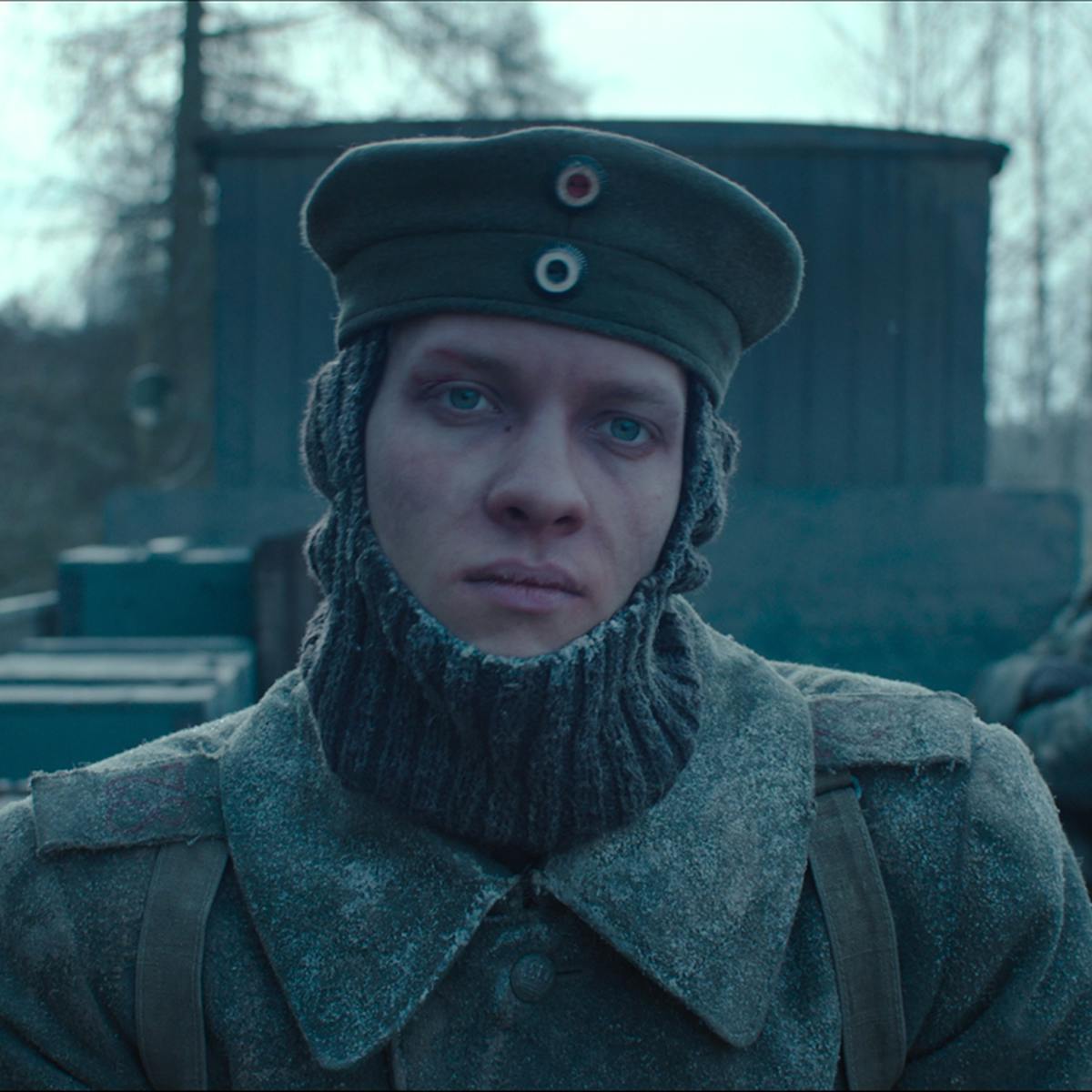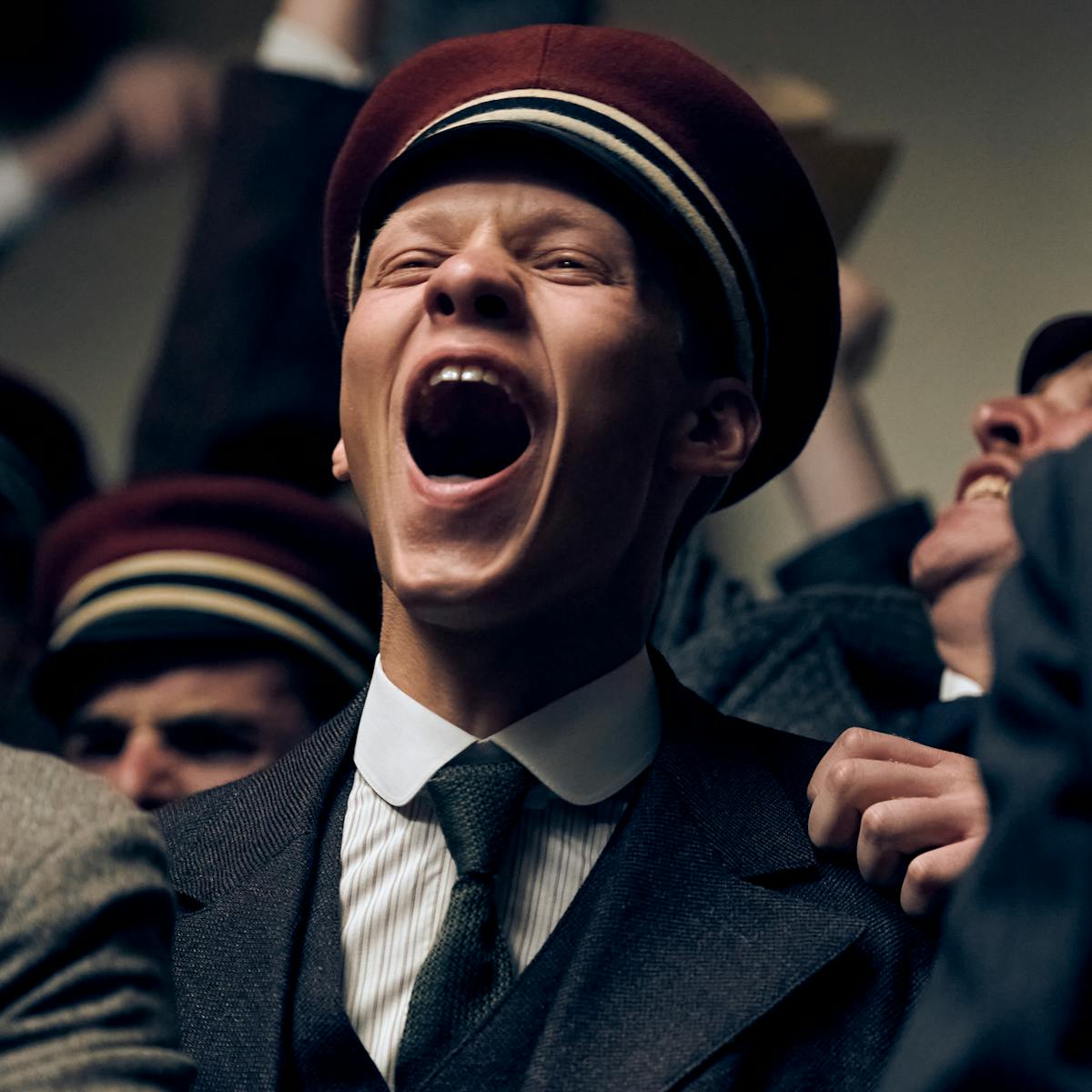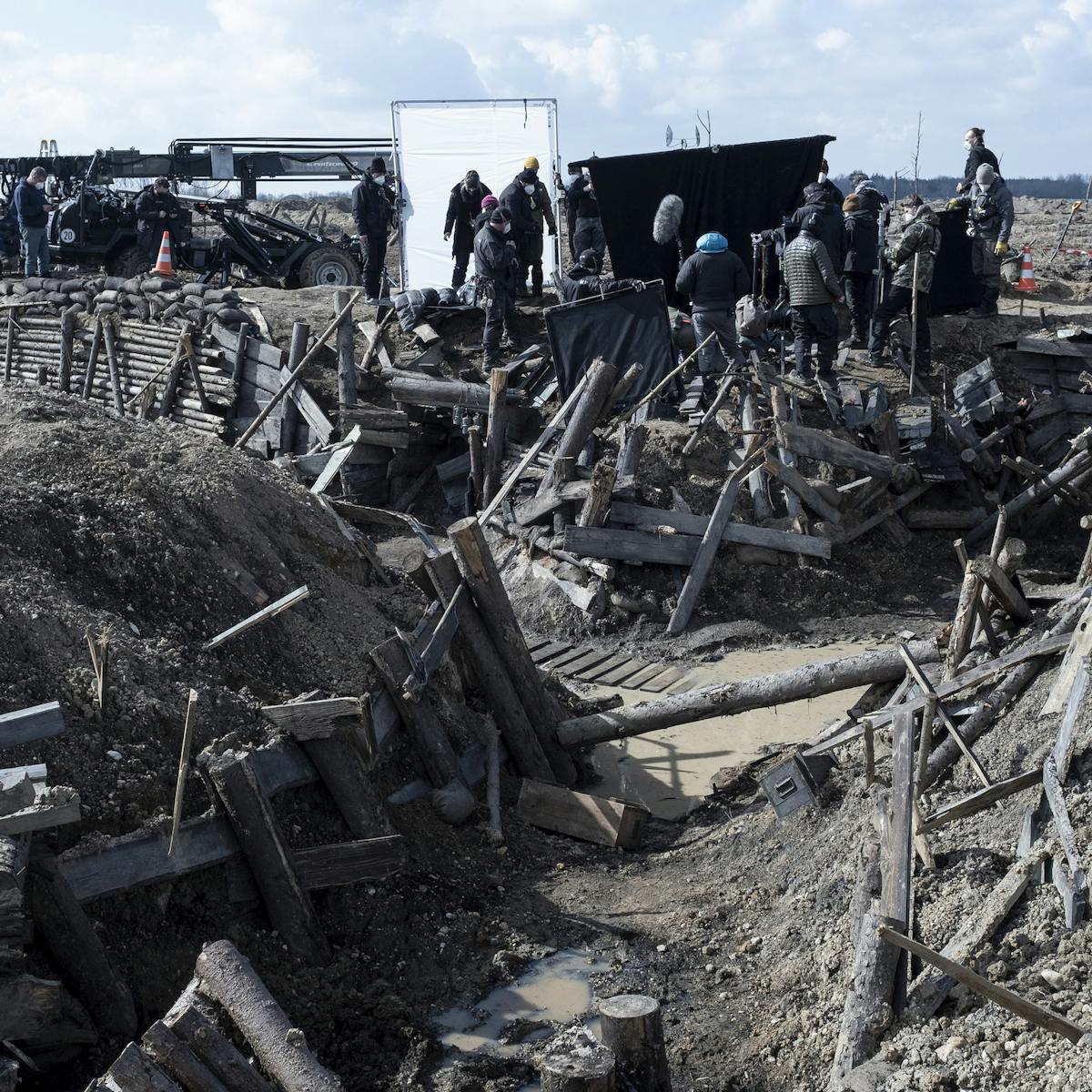Volker Bertelmann blends old and new for the score of Edward Berger’s retelling of All Quiet on the Western Front.
While crafting the score for Edward Berger’s adaptation of All Quiet on the Western Front, Volker Bertelmann found inspiration in two unexpected places: a beloved harmonium gifted from his great-grandmother and BBC radio soap opera The Archers. Pulling from disparate aural sources is only fitting for such an unusual war movie score; the latest adaptation of the World War I tale, which follows Paul Bäumer’s journey from delusion to destruction after he enlists in the German army, is rife with contradiction and tension. “When I thought about a war film, I was expecting I might be horrified or have fear,” Bertelmann says. “But I felt something in my stomach that was very deeply connected with my question of, How do I spend time? It was much more about the reason for existence. I felt [the score] maybe needs both sides.”
This balance and dissonance are part of what make the score, which has earned Bertelmann his second Oscar nomination and a BAFTA win, so distinctive. Bertelmann, who also performs under the name Hauschka, brings a wide swath of experience to All Quiet. As a composer, pianist, and experimental musician, he’s worked on acclaimed films such as the six-time Oscar-nominated Lion (2016) and beloved series including Gunpowder and Life After Life; released over twenty albums and EPs; and worked as the artist in residence at MDR Leipzig Radio Symphony Orchestra.
Paul Bäumer (Felix Kammerer), Stanislaus Katczinsky (Albrecht Schuch), and fellow soldiers
Berger and Bertelmann had worked together previously on the series Patrick Melrose, and when Berger told Bertelmann about undertaking All Quiet, Bertelmann immediately thought of his harmonium. “It exudes something old that I have tried to put in a new context,” Bertelmann says of the heirloom instrument, which originated around the time in which Erich Maria Remarque first penned All Quiet. Bertelmann used the age of the restored instrument to his advantage, capturing all of its secondary noises and working them into the music to emphasize the humanity in a story about brutality: “Normally, when you record something in a proper studio, you take all the noises away and you make it very clean. I always had the feeling that music and sound and conversation, when they are coming together, feel much more human. You are sitting in a house in Wales with a fire and there’s The Archers coming out of the kitchen, a bird outside, and a man traveling along. You’re like, ‘Oh, this is altogether a beautiful composition.’”
By blending naturalistic and industrial tones, Bertelmann’s score proved the perfect accompaniment to Berger’s anti-war narrative, which boasts nine Oscar nominations. The three-chord bass leitmotif, which is introduced within the first six minutes of the film and repeated throughout, communicates the gravity and universality of this story with a contemporary spin: “We had to think about how to avoid pathos with this piece. In our case, this is the First World War, but it is, of course, seamlessly transferable to today’s armed conflicts; it is something relevant and explosive, absolutely current.”



